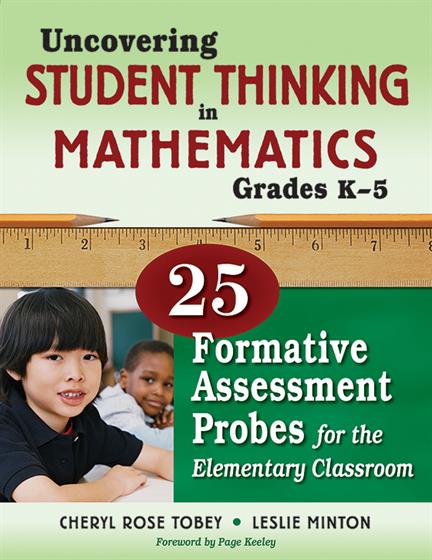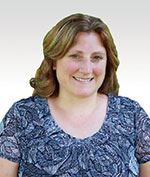Hands-on, Practical Guidance for Educators
From math,
literacy, science, equity, multilingual learners, and SEL, to assessment, school counseling,
and education leadership, our books are research-based and authored by experts
on topics most relevant to what educators are facing today.

Uncovering Student Thinking in Mathematics, Grades K-5
Foreword by Page Keeley
25 targeted probes that gauge students' mathematics comprehension in Grades K–5
Quickly identify each child's level of understanding with these easy-to-use assessment tools! Best-selling authors Tobey and Minton provide 25 assessments of students' math knowledge, including their unique QUEST cycle model. Aligned with NCTM standards, these grade-specific probes are easy to implement and help teachers:
Build on learners' current understandings while addressing their identified difficulties
- Determine students' common mistakes and obstacles to learning math
- Measure children's abilities against performance objectives
- Make sound instructional choices to improve all students' math skills
- Grade Level: K-5
- ISBN: 9781412980555
- Published By: Corwin
- Year: 2010
- Page Count: 232
- Publication date: June 12, 2012


